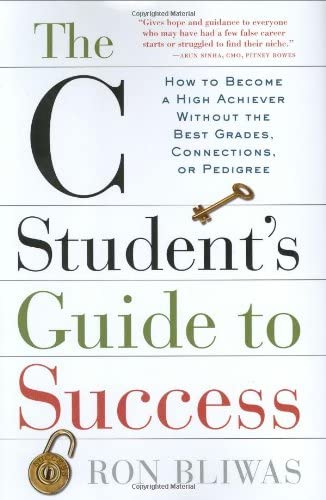The Year of the Rabbit is not supposed to be a good year for Tigers, but according to astrologers, we have different horoscopes corresponding to hours, days, months and years. So I was born in the day and the month of the Rat. So I should also pay attention to predictions based on the Year of the Rat.
For this year of the Water Rabbit, Rat is ranked number 1. That instantly made me feel better.
Then for no rhyme or reason at all, I received a string of good news.
- SRX sent me a report on the valuation of my EC. It reported that the value of my home increased by $30,000 a month. I'm not an expert on real estate, but readers can comment on how real this valuation is.
- Ether, my only leveraged position, has climbed over 50% to $1,600. My position is quite small, given that most of my holdings are in the Terra blockchain after its collapse, but the news made me happy.
- On the first day of trade for the Year of the Rabbit, my portfolio gained about $50,000, led by my holdings in banks and some of the residual funds into HK Tech ETF.
So, that's how I made $80,000 ( $100,000 by today) over the Chinese New Year holidays.
But that's not the reason why I am really writing this article.
Perhaps two weeks ago, my industry was in the doldrums, and we urgently needed to boost our income. It should not be surprising that financial advisors, even some peers of mine, will jump at any good news to drum out excitement.
I don't think the shirt-term buoyancy of the markets should overly sway readers. People want to forget about a horrible 2022, but inflation has yet to be tamed. I believe that the EU will likely fall into a recession. While I'm fully invested today, I'll only begin leverage again in February, but I want to see the Fed raise rates by 25 bps instead of 50 bps first.
There will be a lot of financial pornography over the next few weeks, FAs will be congratulating customers for holding out through 2022, but readers should remember this:
- Who lost your money in 2022?
- Of those who lost your money, who came clean about it?
- Who gave a cogent explanation of why money was lost in 2022?
- Who made money (commissions) regardless of whether you made or lost money.
- Most importantly, which strategy paid you in 2022, regardless of how bad things were that year.
It's easy to talk about making $100,000 a week. There were many moments when I lost six digits of my capital a day in 2022.
I'm going to end this article by getting readers to consider what REALLY makes money in Singapore. I suggest that everyone consider this before even embarking on a journey to improve their personal finances. I will disqualify REITS and dividend stocks from this discussion because of a conflict of interest.
1) A local professional degree
This deserves an article on its own, and even the Government has conceded defeat that University degrees earn so much more than a Diploma. Imagine that gap between a diploma and degree holder getting wider every year, then proceed to imagine the gap between a general degree and a professional one.
I will discuss policy interventions in a future article, but I stand by all my previous articles that I will cajole and bribe my kids to enter a JC program.
2) An executive condominium
I bought an EC when some peers were getting resale flats. My rationale in 2014 was that ECs are the only shape-changing real estate assets you can buy in Singapore. You buy an HDB, and you own a private condominium ten years later.
I'm sitting quite close to $650,000 in capital gains after eight years. It was my only source of comfort even after my defensive investments tanked last year.
I'm not a residential real estate expert, I refuse to be as bullish as my real estate agent pals, but I'm also not as depressing as experts like Property Soul.
My only view is that capital gains from ECs are essential to bind heterosexual breeding couples in Singapore. You can argue about how difficult it is to be married and raise kids, but the wealth miracle from ECs is the Government's way of telling you not to emigrate to Australia. There is a way to be enriched by taking on this life in this stressful and competitive society.
3) CPF
Once upon a time, a supervisor and peer had a heated argument about CPF in my office. My supervisor told my colleague that if he was so negative about CPF, does he have a net worth outside CPF higher than our CPF total?
That instantly caused my colleague to shut the fuck up.
CPF's power comes from the fact that it's not voluntary. It's one way to prevent folks from destroying their financial lives. We must recognise that not everyone has the willpower to plan for the future. In my current life, it is hard enough to convince some people not to destroy their own lives.
I'm currently working on an article with mainstream media on building a retirement bridge with SRS and CPF, but CPF, Special Account especially, is also a calm oasis in our financial lives in a downturn, and FAs will be hard-pressed to find a means of a guaranteed 4% return.
If you can get all three assets down pat in Singapore, you will do more than fine in Singapore.
The only issue is that as you get these areas in your life right, you might find yourself stuck in golden handcuffs crafted by our most brilliant policymakers.
My industry is here to help you deal with that.





